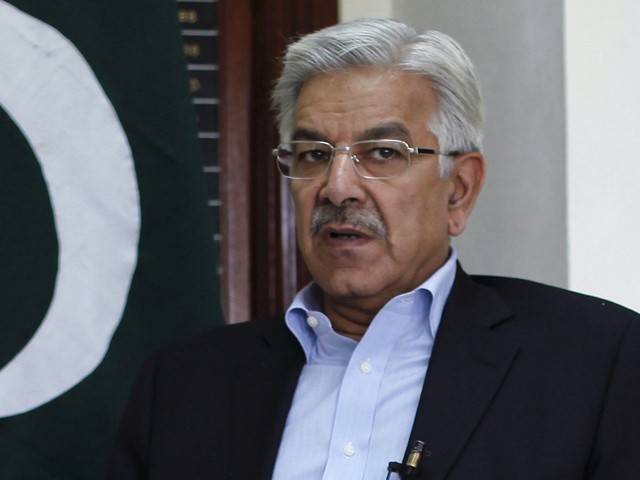After coming under intense scrutiny over the massive power blackout which gripped large parts of Pakistan on January 24, the government has decided to suspended National Transmission and Dispatch Company (NTDC)’s Managing Director Tahir Mahmood and General Manager o f National Power Control Centre (NPCC) Mohammad Saleem; holding them responsible for the whole incident. This is an odd move, given the fact that the Water and Power Minister Khwaja Asif has pinned the blame on acts of sabotage in his report to the Prime Minister. Suspending members of the bureaucracy over actions beyond their control is unfair by any standards of justice.
Even if the actions were within their control, why is it that the bureaucracy has to face the firing squad, and never the ministers? Salaried members of the civil service have procedural control over day to day management, yet the responsibility to initiate new ventures and reform lies with the government in power and the relevant minister. Pakistan’s power crisis exists because of ineffectual policymaking from the top, and the top has to be answerable. The PML-N came into power on promises of fixing the energy crisis; two years on the nation is still in the throes of daily blackouts. Why has no one from the PML-N stepped up and claimed responsibility? Conventions of ministerial responsibility dictate that Khwaja Asif step down in the wake of his failure, yet the PML-N will scapegoat two members of the civil service rather than shoulder any accountability. Apart from Rana Sanaullah – who was caught on tape – no minister from the government has stepped down, even in the face of gross mismanagement. The petrol crisis, which brought daily life to virtual standstill, was swept under the rug amidst contradictory statements. Who was held accountable for that? Who was held accountable for the countless other mistakes by this government? Suspending members of the civil service will change nothing until the government holds its own ministers responsible..
Friday, April 19, 2024
Scapegoats

US vetoes Palestine’s bid for full UN membership
8:27 AM | April 19, 2024
20pc Discos employees involved in power theft: Minister
April 19, 2024
Five govt officials shot dead in D I Khan
April 19, 2024
Parvez Elahi’s indictment delayed again in two cases
April 19, 2024
Hepatitis Challenge
April 18, 2024
IMF Predictions
April 18, 2024
Wheat War
April 18, 2024
Rail Revival
April 17, 2024
Addressing Climate Change
April 17, 2024
Justice denied
April 18, 2024
AI dilemmas unveiled
April 18, 2024
Tax tangle
April 18, 2024
Workforce inequality
April 17, 2024
New partnerships
April 17, 2024
ePaper - Nawaiwaqt
Advertisement
Nawaiwaqt Group | Copyright © 2024





